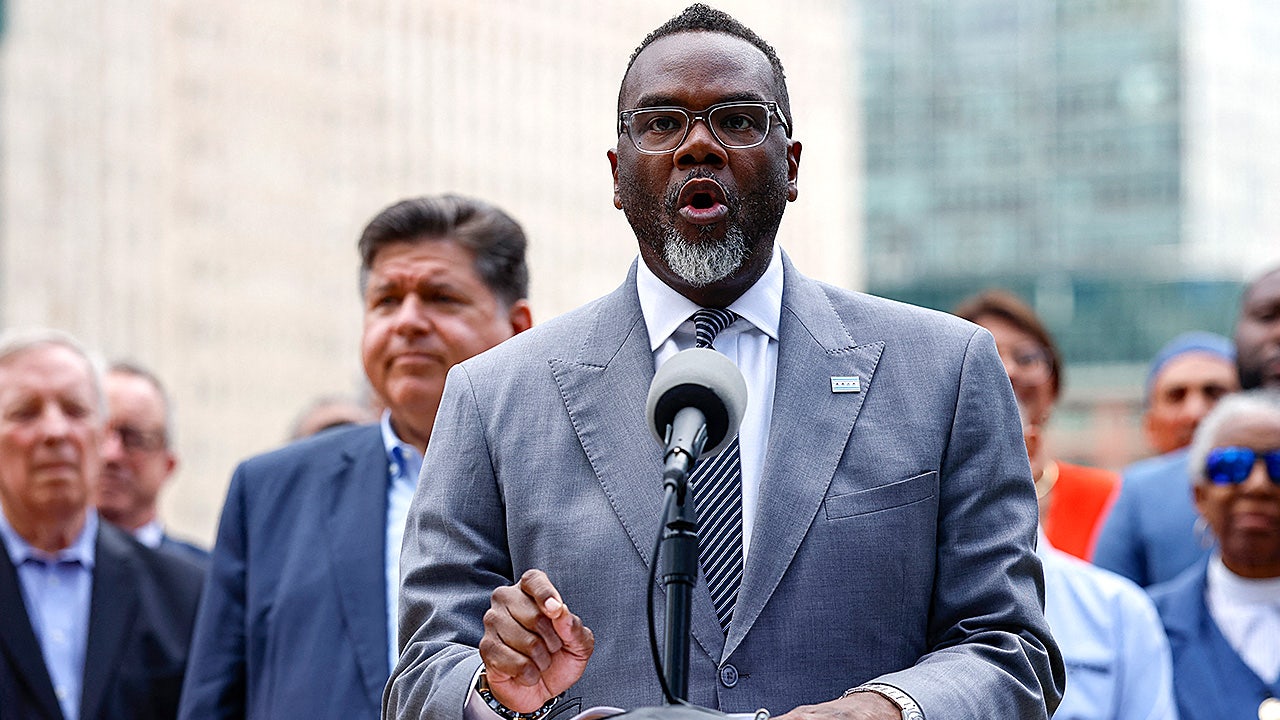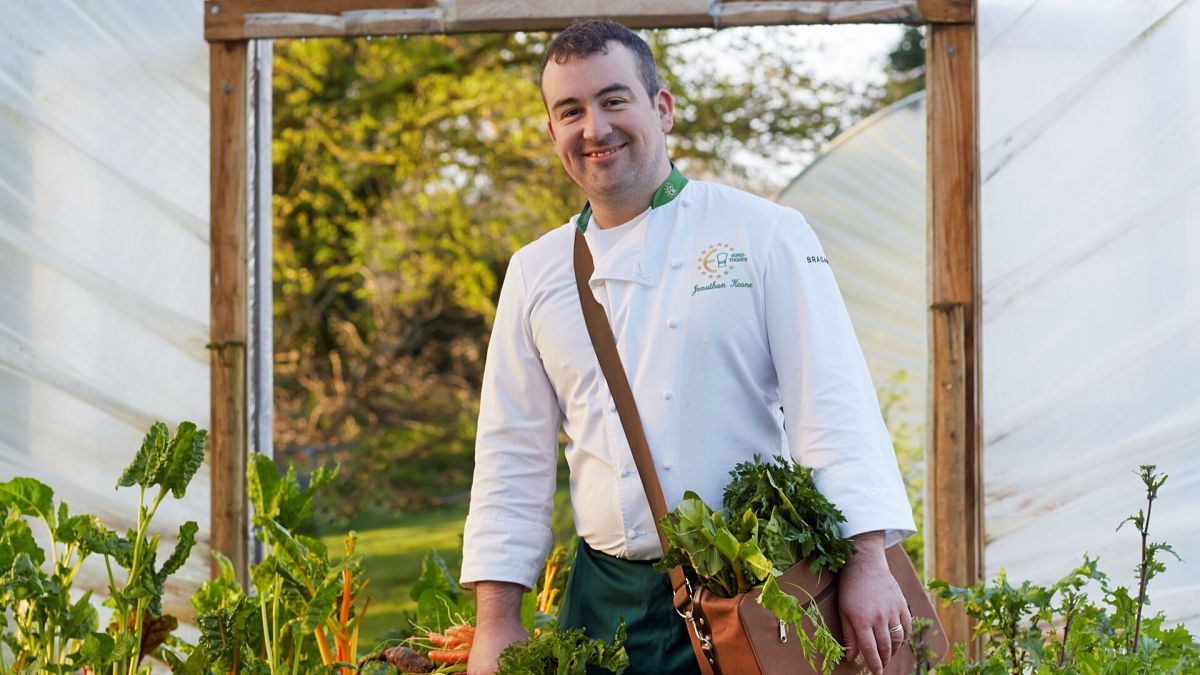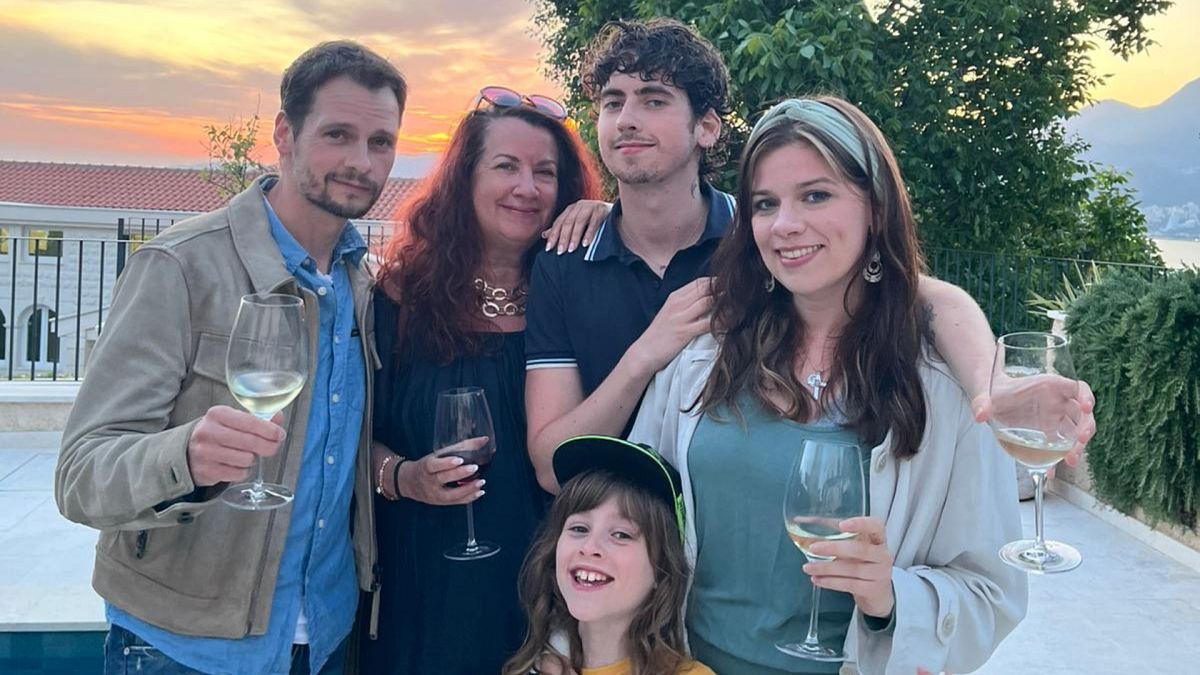At The Lodge at Ashford Castle, a 19th-century villa in the wild green of western Ireland’s County Mayo, dinner scraps don’t go in the bin. They go into cocktails, canapés or compost.
Over the past year, the hotel has slashed its food waste by nearly 60 per cent by weight and its food trimmings by 90 per cent. That amounts to 11.5 tonnes of food waste, nearly 50 tonnes of carbon and more than €16,000 saved annually. Much of it is thanks to a chef who was empowered to swap sustainability gestures for serious change.
“Instead of hundreds of tiny little initiatives, we decided to go after the stuff that would actually make a difference,” says executive chef Jonathan Keane, a sustainability advocate who leads the kitchen at the 64-room sister hotel to the magnificent, medieval Ashford Castle.
Those initiatives have been quite an undertaking. On any given day, Keane and his colleagues can serve 500-plus meals and go through piles of produce.
“At this property, I have 650 kilogrammes of watermelon rind. What can I do with that?”
From trimmings to transformation
The answer, it turns out, is a lot – especially when you have dataon your side.
Over the past three years, The Lodge’s parent group – Red Carnation Hotels – has worked with UK-based food waste analytics firm Winnow to get a clearer read on their waste. The company’s AI-powered tools and image recognition help Keane to measure and categorise what is being thrown away each day and why.
“I get an email every morning that tells me exactly what food went into the bin,” says Keane. “If two kilos of onion skins went into the bin, I’ll see a picture of that. Then I can investigate why that happened instead of [the skins] going into stock or treacle.”
Armed with these insights, the kitchen team has learned to upcycle ingredients like trimmings, peels and offcuts into syrups, muffins, canapés and even welcome drinks.
What little waste remains goes into a biodigester, which produces nutrient-rich fertiliser for the estate’s sprawling garden – a pandemic project that Keane and his employers instituted to be more self-sustaining and environmentally-conscious.
“The garden became such a big project that it became phase one [of greater change],” says Keane, whose vision for The Lodge includes a tunnel greenhouse, a future distillery with its own orchard and aquaponics, a system that couples raising fish with hydroponic vegetable gardening. “The long-term goal is to be fully self-sufficient.”
Hospitality’s hidden problem
The hospitality sector has long accounted for a hefty portion of the world’s waste.
Restaurants, hotels and other venues generated more than 25 per cent of the world’s 1.3 billion tonnes of food waste in 2019, according to the UN Environment Programme. Most ends up in landfills, releasing methane, a powerful greenhouse gas.
“Much of it goes uncounted, so we don’t even know the real scale,” says Vojtech Végh, Winnow’s zero-waste culinary advisor who worked closely with Keane on The Lodge’s transformation. “Speaking from experience, it tends to be more than we would expect.”
The first step toward addressing this murky problem, he explains, is to arm chefs and hotels with information.
“If we don’t know what is in our bins, then everything else is just guesswork, which isn’t effective or sustainable,” Végh says. “Once we start to measure our food waste, we can then focus on what exactly we need to reduce.
A growing shift across the industry
Across the industry, hotels are slowly waking up to the environmental and economic costs that this failure to measure has created.
At the Hilton Tokyo, chefs have begun reusing vegetable trimmings and fruit peels in soups, desserts and drinks. Novotel London Excel has also used Winnow’s AI tools to cut waste by around 50 per cent in recent years.
Other solutions have also started to take shape.
In Southeast Asia, startups like Yindii have stepped in to connect hotels, restaurants and bakeries with local diners. Surplus food is sold at a discount through its app. The model has expanded across Thailand, Hong Kong and Singapore, where users can rescue meals for a fraction of the cost and prevent perfectly good food from being binned.
Efforts like these are just the beginning. For food waste prevention to stick, Végh argues that kitchens must rethink how they operate at a systemic level.
“Zero-waste cooking is more about how we think when we cook rather than how we cook,” he says. “If we embed food waste prevention into our processes – rather than build it on top – then step by step it becomes the new standard in any kitchen.”
A culture shift from the kitchen out
If you ask Keane, the real change starts even one level beyond processes. Sustainability, he says, has a lot to do with people, “which isn’t always high on the agenda in kitchens.”
Keane has tried to create “a fun place to work. We’re nice to each other. We treat each other like adults, and we have the same approach with the ingredients and the produce.”
Part of creating a more open – and open-minded – culture has involved getting his team of 18 kitchen workers out into nature more often. An avid forager, Keane regularly brings his colleagues into the forest to search for wild vegetables and mushrooms. He believes it builds morale while reinforcing the practices he wants The Lodge to embrace.
He also brings hotel guests out on foraging tours, ever so subtly transmitting a message that he hopes will stick long after they check out. He says that these steps might help his hotel, and others like it, have a greater impact in the future.
“We’re not preaching. We’re bringing the customer along with us [at their own pace],” Keane explains. “We want to leave a legacy.”













